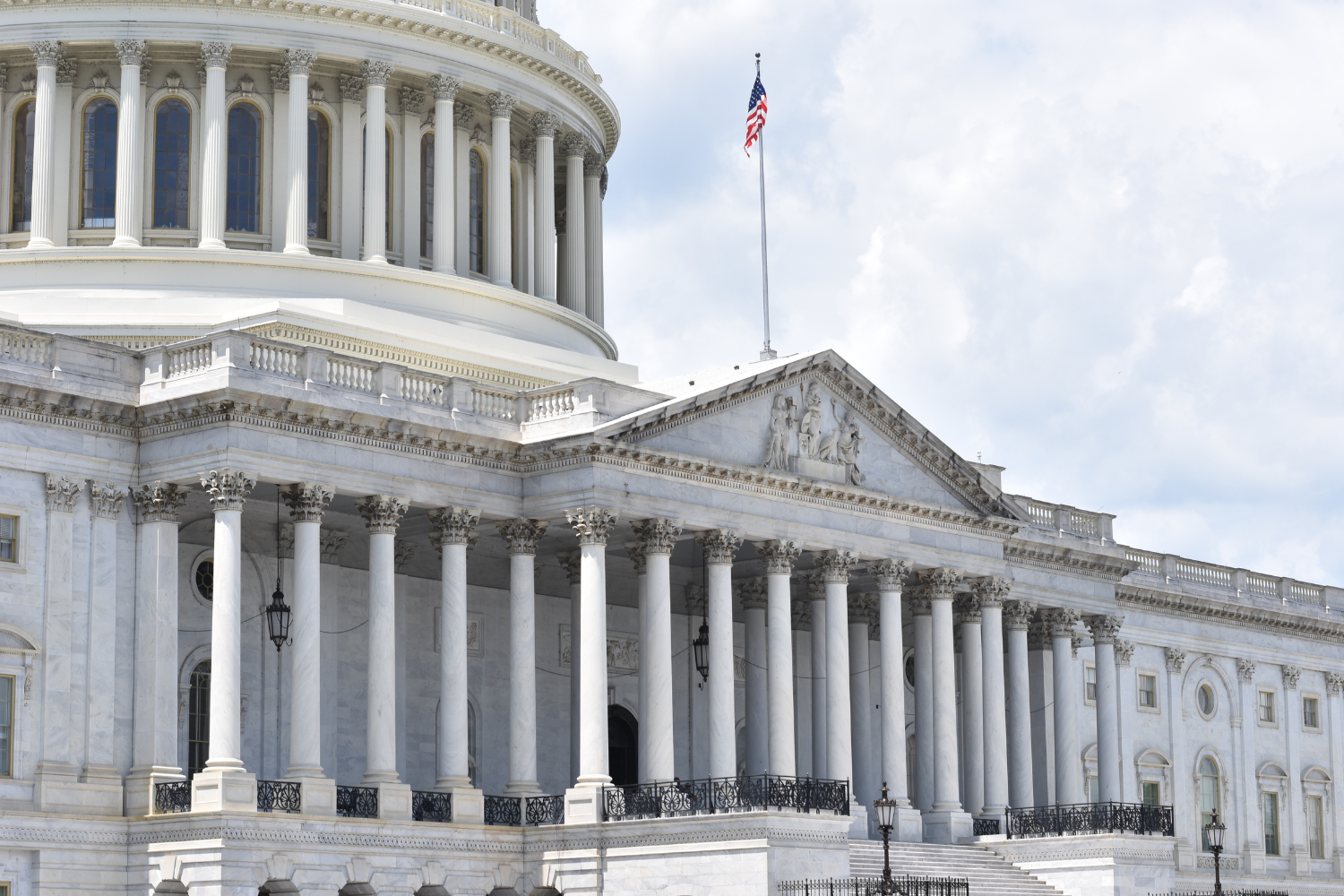I recently matched into family medicine, and I am so grateful to join this profession! Family medicine is a specialty that provides comprehensive, holistic care for individuals of all ages.
My early experiences in the family medicine community drew me to this specialty and reiterated my purpose as a family medicine physician. I realized that each day may differ from another because of the diverse patient population cared for by a family medicine physician.
Integrating my clinical experiences in hospital medicine, pediatrics, and obstetrics/women's health allows me to better care for patients of all ages and backgrounds--from newborns to geriatrics.
Whether it's preventative health, managing chronic conditions, or supporting mental well-being, family physicians offer quality primary care that focuses on treating the whole person, not just the illness. Primary care physicians often form long-lasting professional relationships with patients and their families. By doing so, they help patients remain healthy through routine exams, OMT, early detection of health issues, and personalized care.
During my rotations, one day in the family medicine clinic was spent placing a Nexplanon device, removing cancerous lesions, managing chronic type 2 diabetes, performing a sport's physical exam for a child, and rushing to the hospital to perform a continuity delivery. A few days later, the baby that was delivered returned to the clinic with their parents for a routine visit. I came home to my family and shared that I loved the variety of work I was doing.
Family medicine physicians care for a broad range of health concerns, from routine preventative care to management of chronic conditions. Family physicians are equipped in managing care of a variety of conditions, including mental health concerns, and consult additional specialties when applicable. Additionally, I appreciate how we can care for patients through in-patient hospital wards, urgent care, outpatient clinics, and everything in between.
Family physicians are an integral part of their local community as leaders and healthcare experts. They are often able to understand and subsequently address the social determinants of health that their patients experience such as socioeconomic and healthcare access concerns. I have participated in efforts where local family physicians created a mobile clinic to better meet the needs of the community. Family physicians build rapport via longitudinal exposure to their patients allowing them to effectively provide patient-centered care.
Family medicine also has opportunities for further training in subspecialties such as sports medicine, geriatrics, palliative care and substance-use medicine. By pursuing further training, these subspecialists enhance variety within the field without leaving the scope of family medicine.
Family medicine benefits patients and their families by providing them a primary resource for their health needs. Family physicians are my inspiration, and I hope to be like those that have gone before me, utilizing my knowledge and experiences to elevate others.





